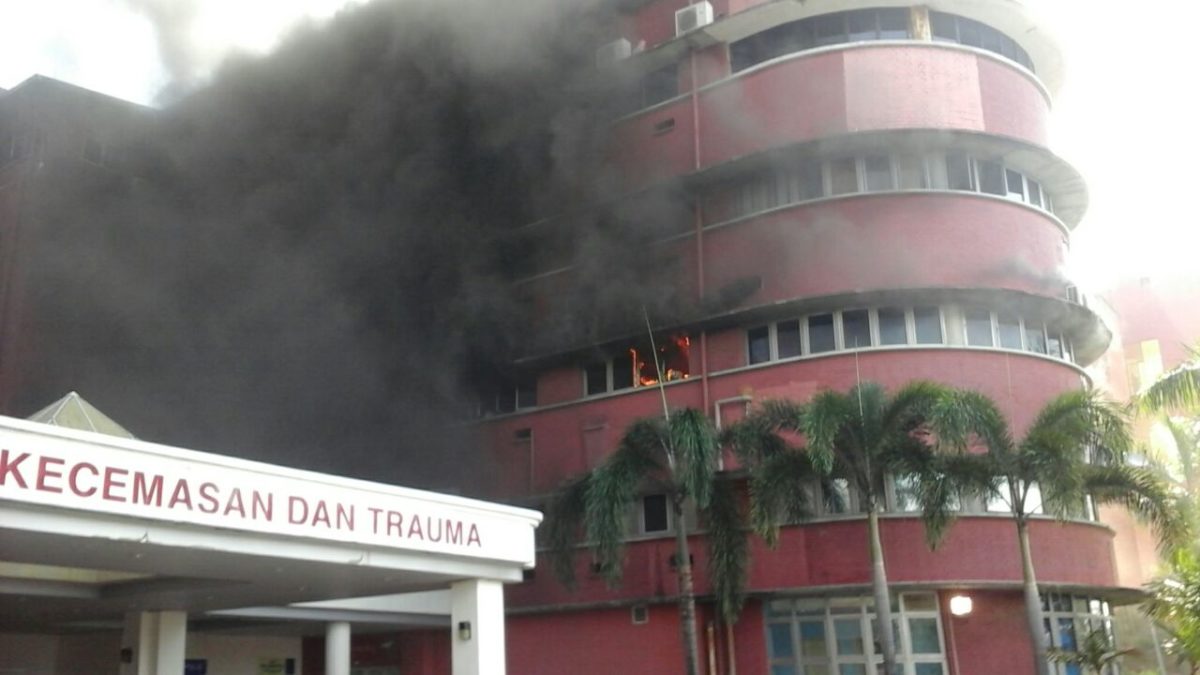KUALA LUMPUR, March 11 — Medivest Sdn Bhd, a support services company serving Sultanah Aminah Hospital (HSA), provided a fire extinguisher that malfunctioned during a deadly 2016 blaze, an inquiry heard.
According to an independent investigation led by former Court of Appeal judge Mohd Hishamudin Yunus into the fatal fire at the government hospital, an outsourced company contracted by Medivest had supplied a defective fire extinguisher to the South Intensive Care Unit (ICU) after a small electrical fire broke out in that ward on October 14, 2016.
Eleven days later, on October 25, 2016 at about 8.50am, another fire broke out at HSA, also at the South ICU, this time killing six out of seven patients there. Most of them were only in their 20s and 30s.
“The inadequate number of fire extinguishers, and not being located in the proper assigned places as mentioned by S36, is another weakness on the part of Medivest,” read part of the inquiry’s 225-page report, as sighted by CodeBlue. S36 refers to witness Dr Afiizah Abd Rahman, the head for the safety and health unit at HSA.
“Similarly, providing fire extinguishers that could not function at the critical moment was a grave error on the part of Medivest.”
Report of the Independent Committee to Investigate the Fire Incident of 25 October 2016 at the Sultanah Aminah Hospital, Johor Bharu
Nurul Nisa Rahmat, Medivest facility manager at HSA, told the inquiry that Medivest was responsible for the work and satisfactory performance of its outsourced companies that provide services to the public hospital in Johor Baru, Johor.
HSA medical assistant Mohd Zakuan Md Nor testified at the inquiry that fire extinguishers in the West and South ICU at the Ministry of Health (MOH) hospital were under his responsibility and that it was his job to check that they were in usable condition at all times. But the investigation found that replacement fire extinguishers were never properly checked.
“We find that he failed in carrying out his responsibility,” said the investigation.
Staff nurse Muguneswary Murugiah told the inquiry that after a patient’s father put out the small electrical fire on October 14, 2016 using a small CO2 fire extinguisher, a Medivest staff replaced it with another fire extinguisher of the same type on October 16 or 17 and also gave her a powder fire extinguisher, supposedly a “new one”. But, according to the committee, she did not check whether the two fire extinguishers had ring or plastic seals to indicate that they were new.
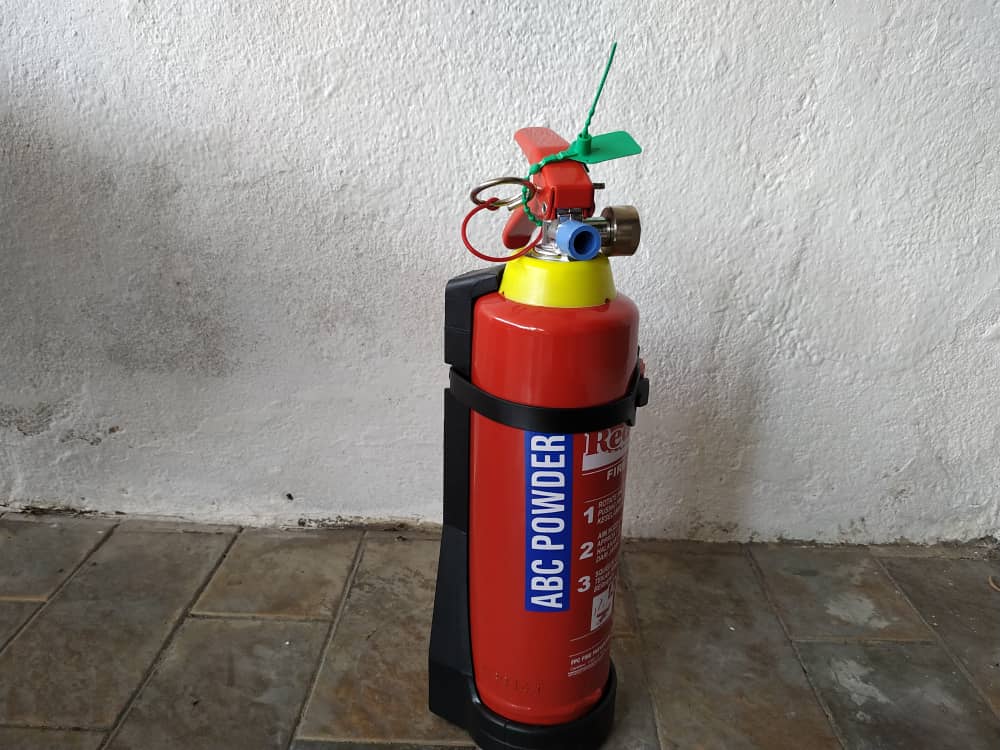
HSA pharmacist Mohd Shafie Zabidi told the inquiry that he did not have to break any ring seal of the CO2 fire extinguisher to use it when the fatal blaze broke out in the storage room at the South ICU on October 25. When he used it, the fire flared up instead; he admitted that he did not know the CO2 fire extinguisher was unsuitable for that type of fire as it could only be used for electrical equipment fire. Then when he tried using the powder fire extinguisher, he testified that he only needed to pull off the pin and did not have to break any ring seal, but it had insufficient pressure and failed to function.
The independent investigation blamed HSA management’s “lackadaisical” attitude towards fire safety on Medivest’s purportedly inadequate attention to the importance of preventive maintenance of fire extinguishers, fire drills, training in fire safety, and training in early response and evacuation during fire outbreaks.
“This lackadaisical attitude on the part of the staff of Medivest persisted despite several incidents of fire outbreaks previously occurring in the Main Building of HSA on 30 July, 2008, in January 2010, on 5 May, 2016, and on 14 October, 2016,” said the inquiry.
Forgery, Data Falsification Complaints
The inquiry also heard that HSA had complained to Medivest about purported data falsifications in the Central Management Information System (CMIS), with the problem allegedly occurring “repeatedly”. On July 26, 2015, the HSA management issued a warning letter to Medivest. MOH, on September 14, 2015, also issued a warning letter to the company on the matter.
Two matrons from the public hospital even filed police complaints against Medivest on September 21, 2016 and August 3, 2015 about the purported forgery of their rubber stamps and one of their signatures, the inquiry found.
“There appears to be no serious investigations carried out by the police after these police reports were made. The HSA management too did not pursue the matter seriously.”
Report of the Independent Committee to Investigate the Fire Incident of 25 October 2016 at the Sultanah Aminah Hospital, Johor Bharu
Although Medivest replied the HSA management’s July 26, 2015 warning letter, the company did not copy its letter to MOH. Medivest, said the inquiry, also “did not bother to reply” to MOH’s warning letter.
“Despite the snub by Medivest, there was no follow-up action by the ministry against Medivest,” said the inquiry.
Medivest, according to the investigation, defended to HSA the alleged falsifications of data in the CMIS as mere “errors and the lack of training” of their staff. But this problem persisted despite HSA management’s warning letters, according to the inquiry.
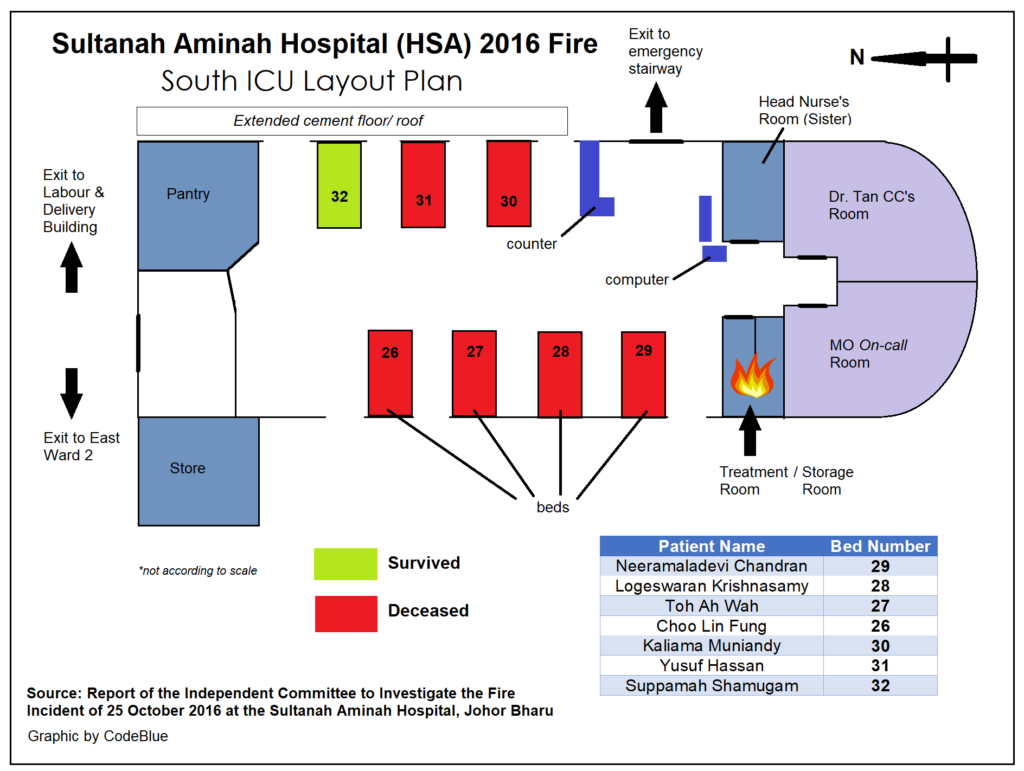
Then, on October 22, 2016, three days before the deadly blaze took the lives of six people, HSA mechanical engineer Md Amin found a melting effect at the earth fault relay, a protection device, indicating defects in the wiring system at Level 2 where the South ICU was located. A report to Medivest was made that day itself. (The inquiry report did not spell out Md Amin’s full name).
However, on January 4, 2017, when Amin made another inspection, the earth fault relay appeared to have been replaced and recalibrated, supposedly done on October 17, 2016.
“This calibration on ‘17.10.2016’ was not possible as the defect had been observed and reported to Medivest on 22 October 2016. The calibration must have been done after the fire incident of 25 October 2016, but whoever did the calibration recorded it as ‘17.10.2016’, which is a falsification of reporting and documentation,” said the inquiry.
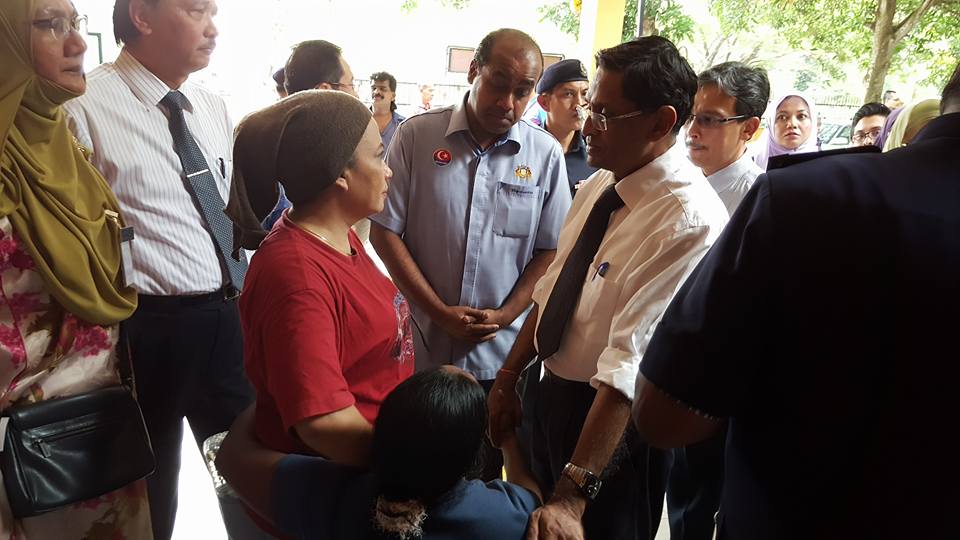
The investigation said the two police reports made against Medivest regarding the alleged forgery of a signature and the use of forged rubber stamps, as well as the alleged falsification of reporting and documentation of calibration, “all seem to indicate a pattern of dishonest behaviour on the part of Medivest.”
These issues had been reported to MOH’s Engineering Services Division, “but overall it appears that whatever action taken by either HSA or the ministry had not been effective, as the falsifications of data in the CMIS persisted.”
Medivest, noted the inquiry, did not conduct investigations on the criminal issues in the police complaints either.
“We note with dismay that the ministry did not pursue seriously either the complaint of falsifications of data in the CMIS or on the police reports,” said the investigation, noting that MOH was aware of all the issues concerning Medivest’s “unsatisfactory” performance at HSA.
Illegal Disabling Of Earthing System
Medivest also received 15 complaints over repeated tripping of power supply in the South ICU, according to the inquiry.
HSA mechanical engineer Amin testified that during his inspection at the South ICU after the October 25 fire, he found that the circuit protective conductors (CPCs) for the ICU electrical system were disconnected from the earth terminal. Although this disabling of the earthing system ensured that tripping would not occur, the safety system to prevent overloading of power supply would no longer function, which the investigation discovered had been the case during the blaze.
The inquiry said disconnecting CPCs from the earth terminal was “certainly a bad practice and an illegal act”, citing Section 33C of the Electricity Supply Act 1990 and regulation 34 of the Electricity Regulations 1994.
Amin told the committee that he suspected the disconnection was “wilfully done by Medivest staff as only Medivest staff had access to the room where the disconnection was found.”
“Whoever did the disconnection had committed a serious offence,” said the committee.
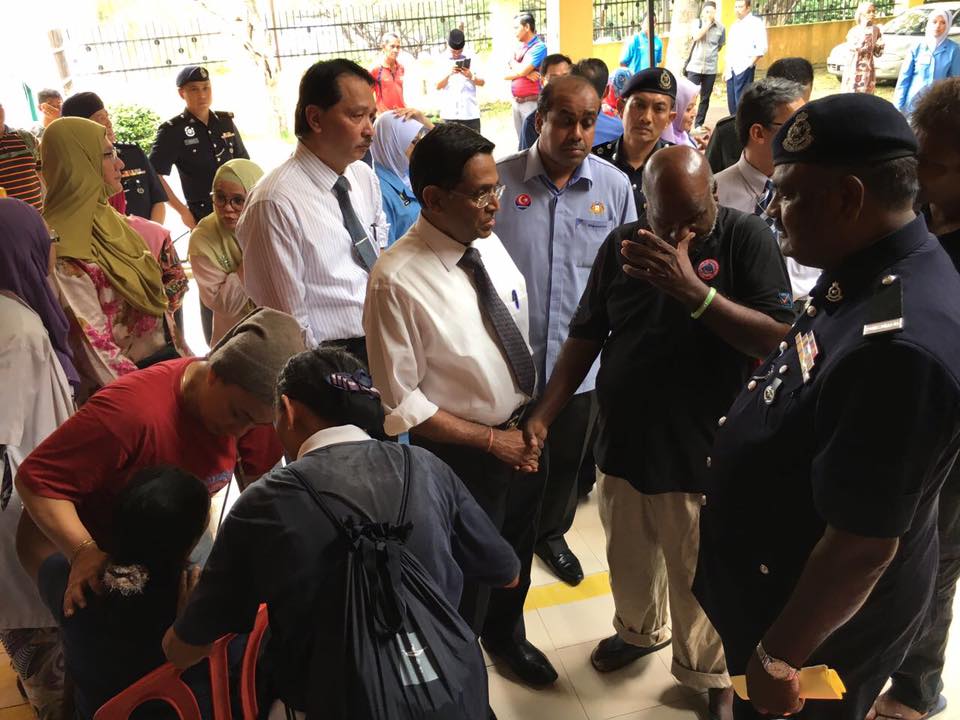
Medivest’s management, the inquiry further found, couldn’t respond to complaints quickly because the company’s administrative system required most expenses to be approved by their head office. Medivest facility manager at HSA Nurul Nisa reportedly told the committee that she could only dispense maximum RM5,000 cash a month for any complaint that required immediate purchase of items or repair.
HSA mechanical engineer Amin told the committee that Medivest’s performance, in his opinion, was poorer than another private company like Radicare Sdn Bhd for Temerloh Hospital, where he previously worked. On performance for facilities engineering management services (FEMS), Medivest received deductions for about 10 per cent, while it was “difficult” to deduct even 1 per cent for Radicare.
Medivest — which is contracted to provide hospital support services to hospitals in Johor, Melaka, and Negri Sembilan — showed inferior performance in providing FEMS, compared to two other companies providing such services in peninsular Malaysia, the inquiry found, citing evidence from MOH’s then-Engineering Services Division director Jalal, MOH Deputy Director of Engineering for hospital services Mohd Azizi, and Amin. (The committee did not spell out their full names).
“Medivest’s performance at HSA was the worst compared to its performance at other hospitals in the State of Johor,” said the inquiry.
Azizi told the committee that for the period of July to December 2008, Pantai Medivest Sdn Bhd, currently known as Medivest Sdn Bhd, was the weakest of three companies for FEMS services.
No Insurance For HSA, Loss To Government Almost RM9 Million
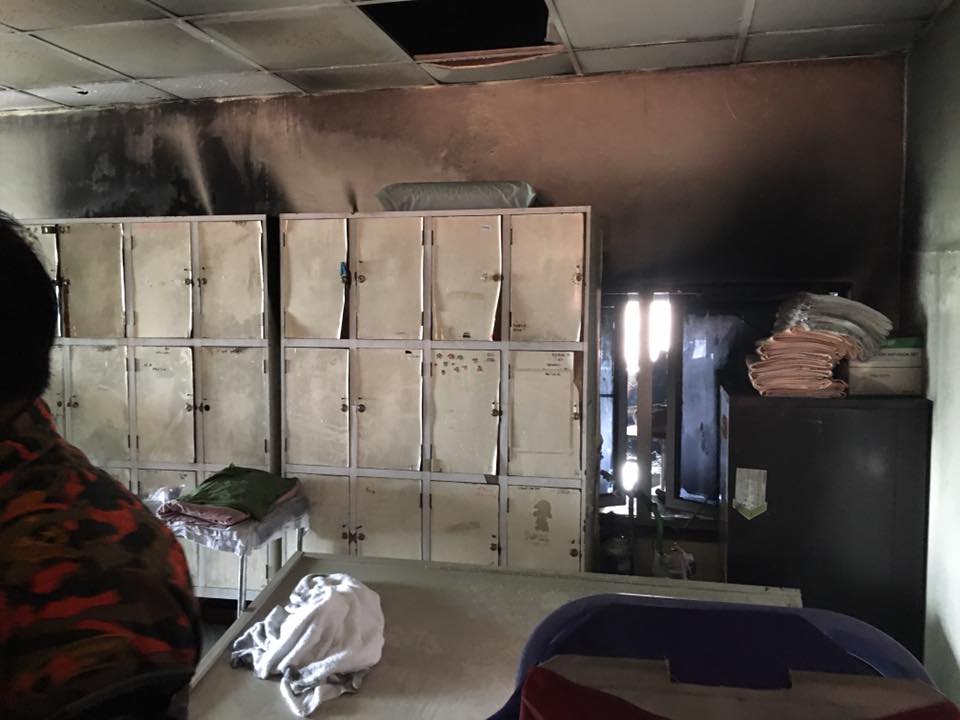
The inquiry further accused Medivest of breaching Clause 30.1 of the company’s concession agreement with the government by failing to purchase insurance for HSA. The company allegedly only took out insurance covering its own property and against liability to third parties.
According to the inquiry, MOH did not check to ensure that Medivest took out the necessary insurance, nor did the ministry check whether the company made any insurance claim after the October 25, 2016 fire.
“We are dismayed by this irresponsible conduct on the part of the ministry considering the loss of several lives, personal injuries caused, and considerable damage to government property.”
Report of the Independent Committee to Investigate the Fire Incident of 25 October 2016 at the Sultanah Aminah Hospital, Johor Bharu
The committee noted that the loss to the government from damage to equipment, machinery, and installation was about RM8,854,306, citing evidence from MOH’s then-Engineering Services Division director Jalal.
The inquiry also slammed the failure of MOH officers to ensure compliance with the concession agreement as a “serious dereliction of duties”.
“All this suggest(s) the presence of systemic failure in the ability of the ministry to implement the CA (concession agreement) effectively, and to adequately monitor the quality of services provided.
“This has resulted in the persistence of the weak performance culture on the part of Medivest that appeared to have been tolerated by the ministry,” said the inquiry.
Medivest Appointed Without Open Tender From 2015-2025
In 1996, the government entered into a 15-year concession agreement with Medivest — then known as Tongkah Medivest Sdn Bhd — and two other companies, Faber Medi-Serve Sdn Bhd and Radicare, to provide five hospital support services for peninsular Malaysia. These include facilities engineering management services (FEMS), biomedical engineering maintenance services, cleansing services, linen and laundry services, and clinical waste management services.
After the expiry of Medivest’s contract on October 28, 2011, the concession agreement was extended for another decade from April 1, 2015 to April 1, 2025. The government and Medivest entered an interim concession agreement between October 2011 and April 2015.
“We note with disquiet that on 1 April 2015, when Medivest was appointed for a further period of 10 years as the concession company to service all government hospitals in Johor, Malacca and Negeri Sembilan, it was not appointed on a transparent and an open basis. There was no open tender called by the government,” the investigation report stated.
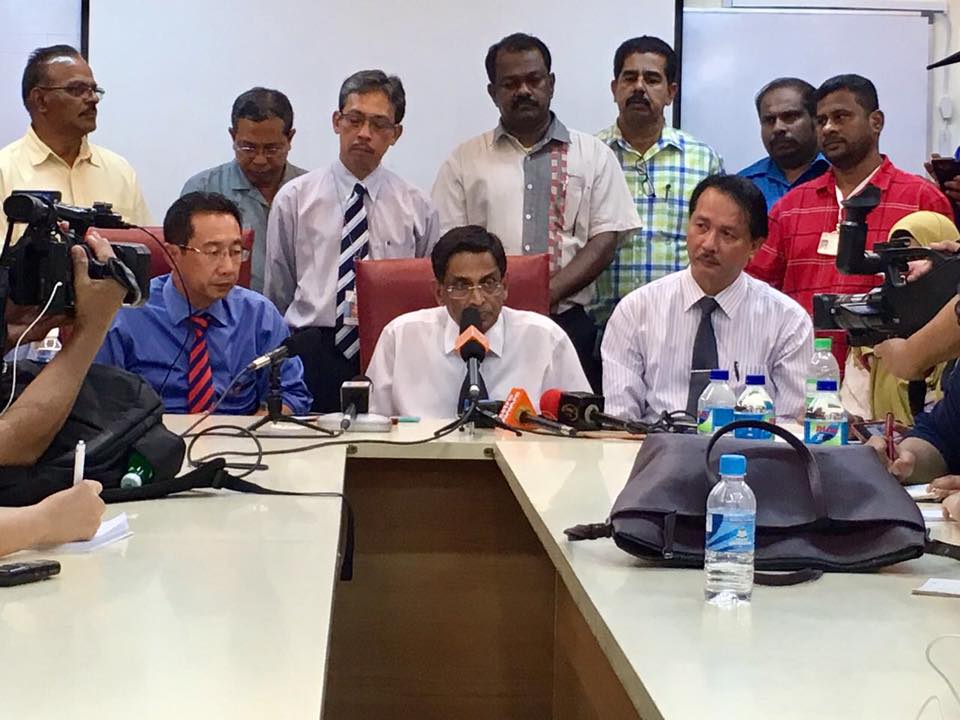
The inquiry said Medivest’s previous 1996-2011 concession agreement placed the government in an unfavourable condition because it was legally obliged to grant an extension — subject to negotiation and agreement with the terms and conditions of the new agreement.
In this process, MOH provided a “statement of need” that included the need for continuation of privatisation services and identified areas where standards should be improved. However, according to the inquiry, MOH did not appear to provide input throughout the renewal process for the concession agreement on Medivest’s “weak” performance. The ministry’s only input was in providing the “statement of need”.
MOH, according to the investigation, did not provide other feedback on the quality of Medivest’s services to government hospitals, including HSA, to the Public Private Partnership Unit (UKAS) of the Prime Minister’s Department, accounting firm KPMG, and Service Master, a second consultant appointed by UKAS.
MOH’s then-Engineering Services Division director Jalal told the inquiry that he considered Medivest’s overall performance to be “fair”, but “poor” in respect of the company’s services at HSA.
“Medivest was the weakest performer of the three companies overall. It was also the weakest in providing FEMS (facilities engineering management services). Yet, ironically, it was considered suitable for renewal of the concession agreement.”
Report of the Independent Committee to Investigate the Fire Incident of 25 October 2016 at the Sultanah Aminah Hospital, Johor Bharu
The committee observed that MOH’s Engineering Services Division was too far removed from the operational level in implementing the concession agreement, with urgent and important issues not getting the attention it deserved at the ministry level.
“The Bahagian Perkhidmatan Kejuruteraan did not appear to understand the real situation at HSA and did not make any credible attempts to do so.”
Medivest’s Reply
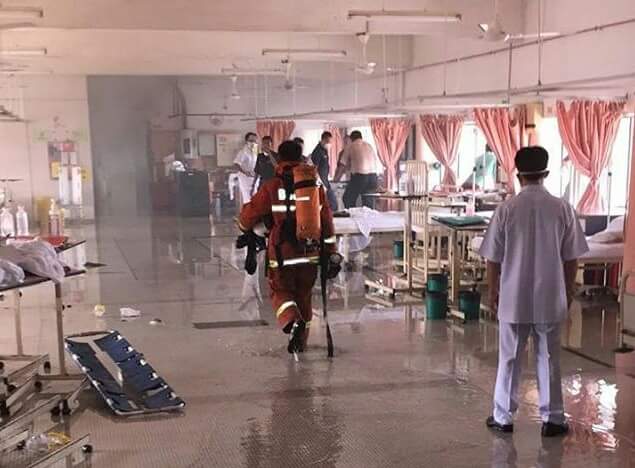
On Medivest’s website, the company claims to be at the “forefront in ensuring that public health care standards in Malaysia are continuously raised”. Its CEO is Salleh Tahir.
When CodeBlue asked Medivest about the numerous allegations by the inquiry, the company declined comment.
“We regret to inform you that we are bound by our confidentiality obligations with the government whereby we are not allowed to disclose any information regarding the fire incident other than those which are already available in the public domain.
“Disclosure of such information without the consent of the government will expose us to claims for breach of confidentiality,” a Medivest spokesperson said via email.
According to the company’s profile for the financial year ending December 2018, Medivest posted revenue of RM352.4 million and profit after tax of RM20.6 million. Medivest is a company limited by shares. Its two shareholders are Evalux Holdings Sdn Bhd and Erat Rasa Sdn Bhd. Medivest’s current directors are Badrul Hisyam Abdullah (alternate), Ho De Leong, Khairuzzaman Muhammad, Chin Soong Jin, and Muhamad Yazdi Che Ya.
Chin is also chief investment officer of Taliworks Corporation Berhad, the listed arm of LGB Group, a company operating in diverse industries including public utilities and infrastructure, and construction and engineering. Ho is chief operating officer of SWM Environment, a Taliworks subsidiary. Khairuzzaman is a director at MIMOS Semiconductor, a subsidiary of MIMOS Berhad that is a Ministry of International Trade and Industry agency. Muhamad Yazdi is Seri Pacific Hotel general manager.
Non-Functioning Project Monitoring Committee
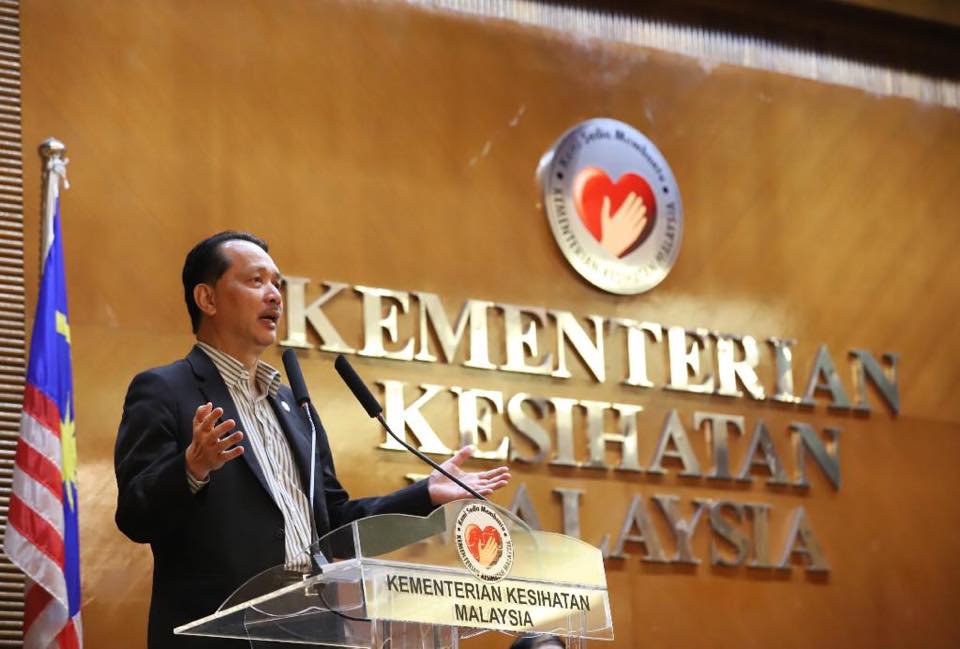
The inquiry said the Project Monitoring Committee (PMC), chaired by Health director-general Dr Noor Hisham Abdullah, is required to meet once every four months to evaluate Medivest’s performance, according to Clause 32.4(b) of the concession agreement.
“The shortcomings of Medivest could have been brought to the attention of the PMC at these meetings — if at all these meetings were held.”
However, throughout the whole of 2015 and 2016, the PMC met only once, and even then, the meeting was held only in December 2016, two months after the deadly fire in October, and almost two years after the signing of the new concession agreement with Medivest in April 2015, said the inquiry.
The meeting was also “improperly organised” and did not appear to be for the purposes as prescribed in the concession agreement as it was not just a meeting between the PMC and Medivest to scrutinise the latter’s performance; instead, the other concession companies were also invited to the meeting.
“In this regard, the ministry, with respect, was equally at fault: it did nothing to wake up the slumbering PMC.”
Inquiry Details
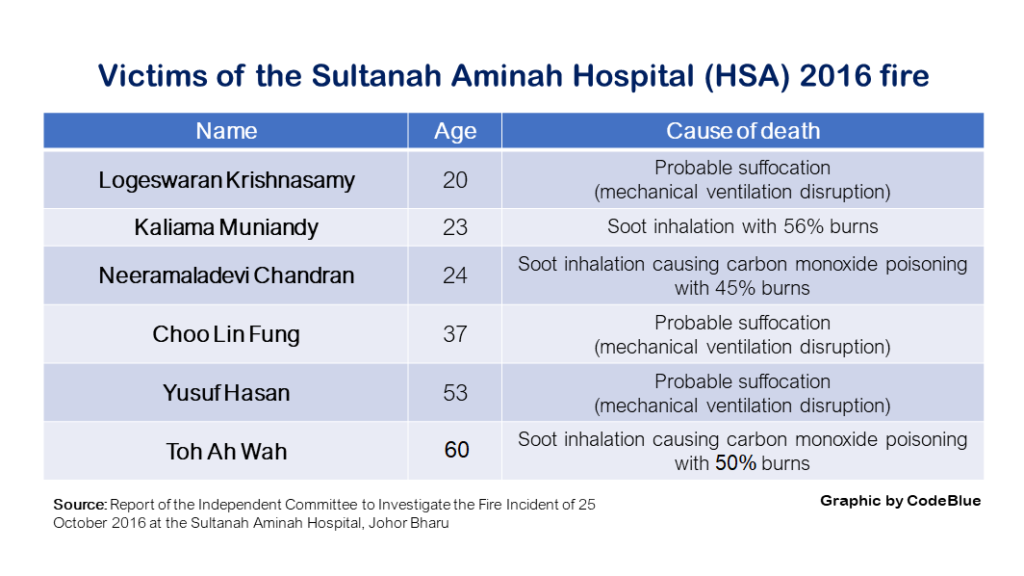
The six patients who died in the October 2016 fire at HSA were Logeswaran Krishnasamy, 20; Choo Lin Fung, 37; Toh Ah Wah, 60; Yusuf Hasan, 53; Kaliama Muniandy, 23; and Neeramaladevi Chandran, 24.
The seven-member independent investigating committee, which was appointed by then-Health Minister Dr S. Subramaniam under Barisan Nasional, comprised chairman Hishamudin, deputy chairman Dr Abu Bakar Suleiman (former Health director-general), and members Adanan Mohamed Hussain (former Public Works Department director-general), Soh Chai Hock (former Fire and Rescue Services Department director-general), Shahronizam Noordin (manager of Occupational Health Safety Division, National Institute of Occupational Safety and Health), Ezumi Harzani Ismail (member of the Board of Architects, Malaysia), and Mohd Zailan Sulieman (senior lecturer, School of Housing, Building and Planning, University of Science Malaysia).
The committee conducted its inquiry in 2017, after hearing evidence from 40 witnesses and receiving 217 exhibits. The witnesses included, among others, medical officers, nurses, a pharmacist, and a cleaner who were at the scene of the October 2016 fire at the South ICU; firefighters from the Fire and Rescue Department who put out the fire; technical experts from the Fire and Rescue Department, the Public Works Department, and the Energy Commission that probed the fire; and the-then Johor state health director, who was the former HSA director.
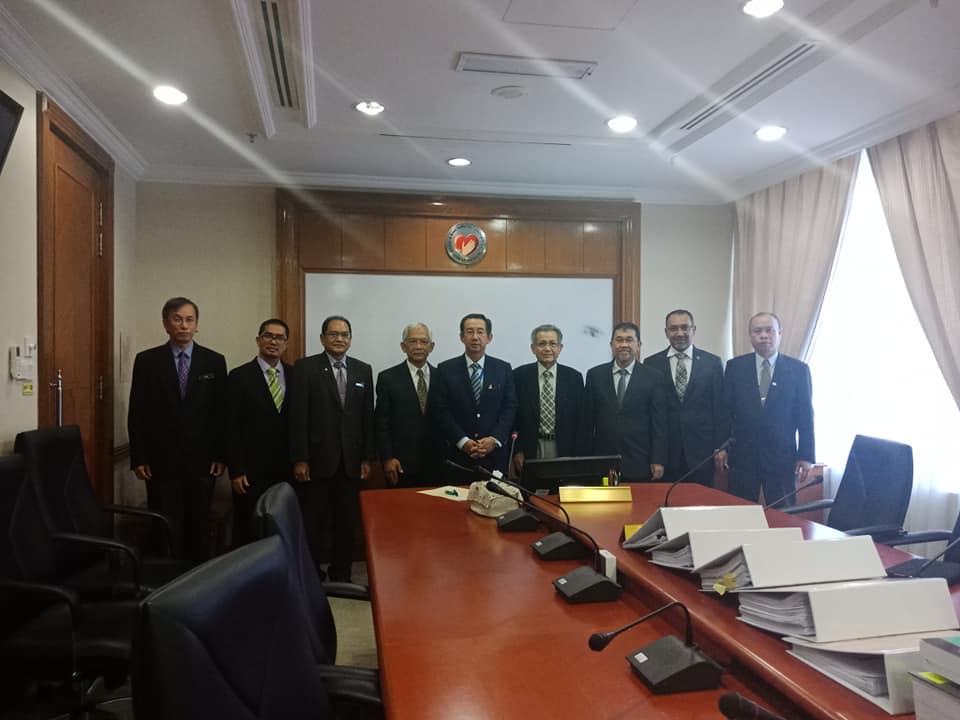
The investigating committee handed its report to MOH in June 2018 under the Pakatan Harapan (PH) administration. On October 2, 2019, the Cabinet decided that MOH was to publish the report. Then-Health Minister Dzulkefly Ahmad did not do so.
However, Dzulkefly confirmed with CodeBlue on February 24 this year that the HSA report has been declassified as a state secret.
After a political tussle, PH lost federal power last March 1 when Muhyiddin Yassin — leading the Perikatan Nasional coalition comprising Bersatu, Umno, MCA, MIC, and PAS, supported by Sarawak’s GPS — was sworn in as prime minister. The new health minister is Dr Adham Baba, while Deputy Health Minister I is Dr Noor Azmi Ghazali and Deputy Health Minister II is Aaron Ago Dagang.
Part 1: Inquiry Blames Unprepared Staff, MOH, Bomba For Sultanah Aminah Hospital Fire Deaths
Part 2: Why Bomba Didn’t Charge ‘Fire Hazard’ Sultanah Aminah Hospital
Part 4: Take Legal Action Against Medivest, HSA Fire Inquiry Tells Government


